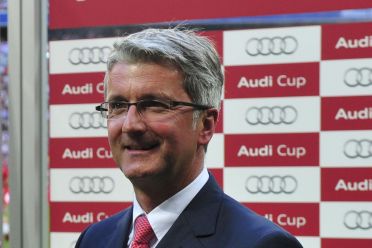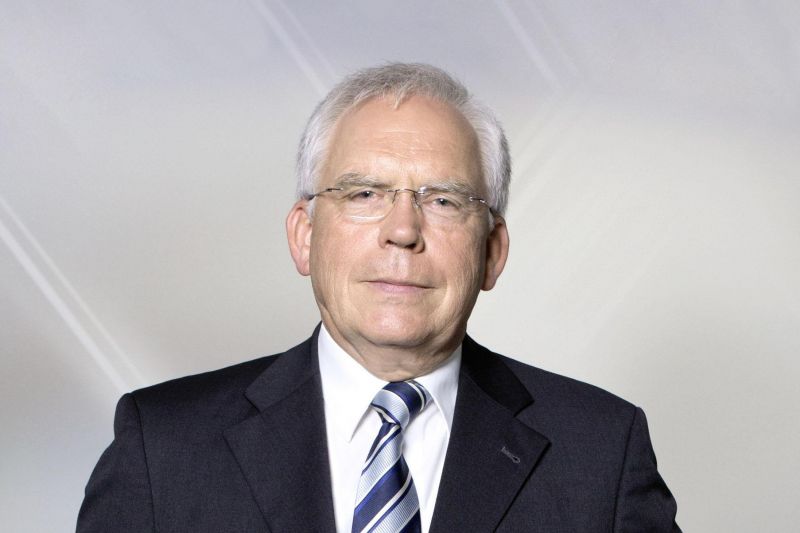Six years on from its exposure, and the after effects of the Dieselgate scandal keep rumbling on.
This time, though, there’s some euros are flowing back into Volkswagen’s coffers.
Two months after launching legal action, a number of former executives have agreed to pay damages to the automaker.
Martin Winterkorn, who was CEO of the Volkswagen Group between 2007 and 2015, has agreed to pay back €11.2 million ($17.6 million).
Rupert Stadler, Audi’s CEO from 2010 until his arrest in 2018, will return €4.1 million ($6.4 million) to the automaker.
These payments resolve lawsuits launched by Volkswagen by Winterkorn and Stadler for “breaches of the duties of care under stock corporation law”.
Agreements were also reached with Stefan Knirsch, Audi’s former head of technical development, and Wolfgang Hatz, Porsche’s former R&D chief, for €1 million ($1.6 million) and €1.5 million ($2.4 million) respectively.
Although these former executives have agreed to providing financial compensation, none have admitted guilt for their roles in the Dieselgate affair.
No agreement was reached with Ulrich Hackenberg, former head of technical development at Audi, and the luxury automaker will now press forward with court proceedings.
An investigation commissioned by Volkswagen, and carried out by law firm Gleiss Lutz, found that Winterkorn failed “to comprehensively and promptly clarify the circumstances behind the use of unlawful software functions” in the company’s 2.0-litre turbo-diesel engines sold in the US between 2009 and 2015.
He also “failed to ensure that the questions asked by the US authorities in this context were answered truthfully, completely and without delay”.
Stadler, meanwhile, didn’t ensure the 3.0-litre V6 and 4.2-litre V8 turbo-diesels engineered by Audi “were investigated with regard to unlawful software functions” prior to their installation in Audi, Porsche and Volkswagen vehicles sold in the EU.
The automaker will also recoup €270 million ($424 million) from its directors and officers insurance policies.
While these are significant amounts, they are a mere drop in the ocean compared to the, at least, US$30 billion ($39 billion) in fines and compensation it has had to pay out since its widespread use of emissions testing defeat devices was exposed in 2015.






